Executive Summary
Click here to download the full report
Legal Reforms and Amendments: The government has embarked on an ambitious reform agenda encompassing constitutional reforms, anti-corruption legislation, and criminal justice reforms. The Minister of Justice and National Integration recently reaffirmed that abolishing the executive presidency and introducing a new constitution remain key priorities to be realized within the next five years. He emphasized the government’s commitment to holding long-overdue local government and provincial council elections, with the latter expected by year’s end. The Prime Minister, addressing Parliament during the Prime Minister’s Questions session, echoed this stance.
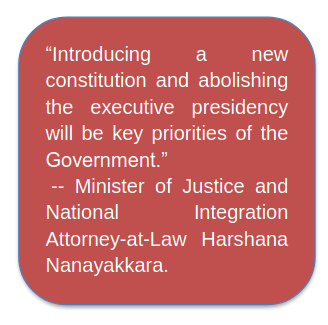
In parallel, the government has taken a decisive step in tackling financial crime with the unanimous passage of the Proceeds of Crime Act. This legislation introduces non-conviction-based asset forfeiture, enables the seizure of illicit assets even in the absence of criminal convictions, shifts the burden of proof in key proceedings, and establishes mechanisms for international cooperation in tracing assets held abroad.
Furthering its justice reform agenda, the Cabinet of Ministers approved the final draft of amendments to the Community-Based Corrections Act, No. 46 of 1999. The revisions aim to strengthen non-custodial sentencing, focusing on community-based rehabilitation, reintegration, and restorative justice. This shift emphasizes rehabilitation over incarceration, marking a significant evolution in Sri Lanka’s criminal justice policy.
Police Brutality and Misconduct: The Parliament unanimously passed a resolution to appoint a Committee of Inquiry to investigate Tennakoon’s removal under the Removal of Officers (Procedure) Act, No. 5 of 2002, Sections 3(d), 3(e), and 5 of the Act.
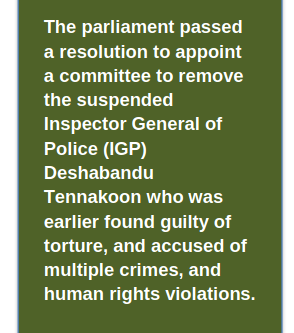
Subsequently, a high-level three-member Committee of Inquiry was appointed. The committee was formed in line with parliamentary standing orders and legal provisions. It is mandated to examine the charges and submit findings that may lead to Tennakoon’s formal removal from office.
Tamil civilians and activists continue to face various forms of systemic discrimination, which are often manifested in police harassment, suppression of linguistic rights, and the abuse of power by law enforcement.
Click here to download the full report
Accountability: The United Kingdom’s recent imposition of sanctions on four Sri Lankan individuals—former Army Commanders Shavendra Silva and Jagath Jayasuriya, former Navy Commander Wasantha Karannagoda, and former LTTE commander Vinayagamoorthy Muralitharan (Karuna Amman)—highlighting persistent tensions around wartime accountability and justice in Sri Lanka.
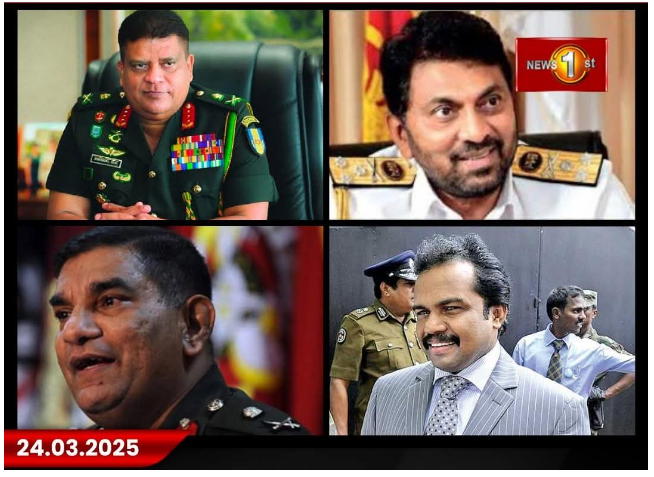
At a demonstration in Vavuniya, Tamil families of the disappeared praised the sanctions but stressed these must be extended to former presidents and others responsible for mass atrocities, reiterating that accountability can only come through international mechanisms, not through the Sri Lankan state, which has consistently failed to provide credible answers on enforced disappearances and other wartime crimes.
Freedom of Assembly: Some of the recent court actions reflect the authorities’ efforts to curb public demonstrations in key areas of the capital. Additionally, the Batticaloa Magistrate’s Court issued a restraining order against a planned memorial procession to honor Annai Poopathy, the Tamil mother who died in 1988 after a hunger strike protesting the actions of the Indian Peace Keeping Force (IPKF). The procession was blocked by the court at the request of the local police, who argued that it could be viewed as an attempt to commemorate the Liberation Tigers of Tamil Eelam (LTTE), potentially inciting unrest. The court, however, clarified that individual commemorations at Poopathy’s memorial site were allowed.
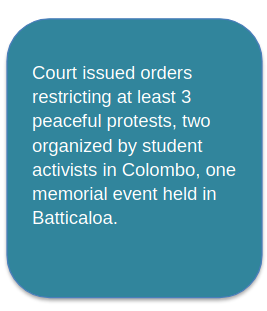
Custodial Death: The death of a 26-year-old while in police custody at the Welikada Police Station sparked widespread concern and calls for accountability from legal and human rights groups.
In response, the Acting IGP recommended to the National Police Commission (NPC) that the Officer-in-Charge (OIC) of the Welikada Police Station be transferred to ensure an impartial investigation. Additionally, a Police Sergeant and a Police Constable attached to the station were suspended over alleged dereliction of duty.
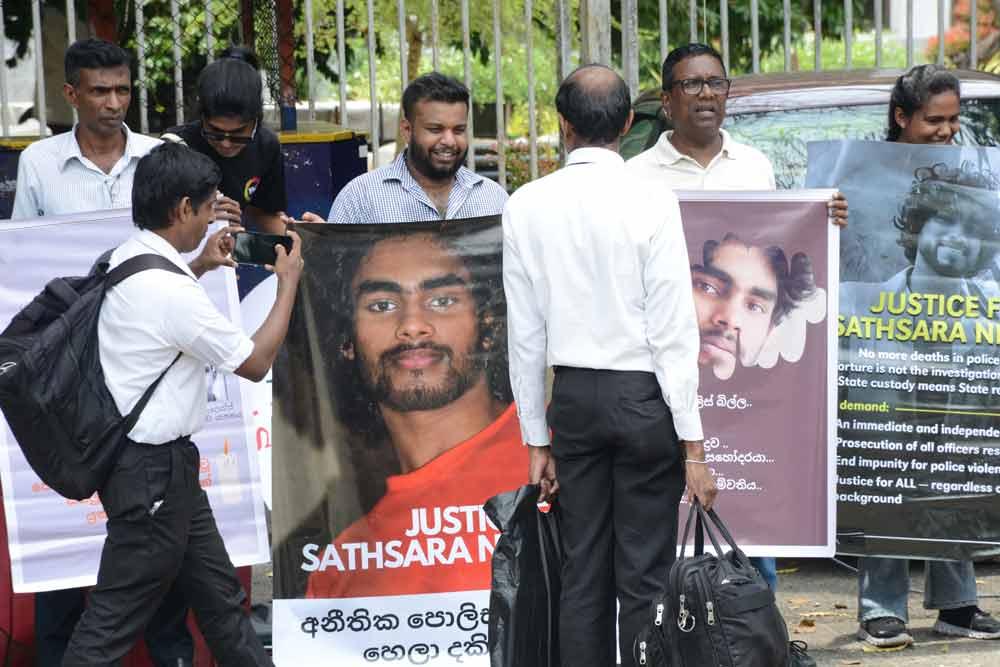
Colombo Additional Magistrate has ordered the exhumation of the body of the victim, to conduct a fresh postmortem examination. This decision was made following a request by the aggrieved party, particularly the deceased’s mother, who filed an affidavit stating that she could not find closure from the initial postmortem, which failed to specify a definitive cause of death.
Click here to download the full report
Prevention of Terrorism Act: Amnesty International has expressed grave concern over the arrest of 22-year-old Mohamad Rusdi in Colombo under the controversial Prevention of Terrorism Act (PTA). Authorities allege that Rusdi was affiliated with extremist groups and engaged in ideologically motivated actions harmful to communal harmony. However, almost two weeks after his arrest, no credible evidence or formal charges had been brought against him. Amnesty International has also criticized Sri Lanka’s PTA for arbitrary detention and abuse, particularly targeting Tamil and Muslim communities.
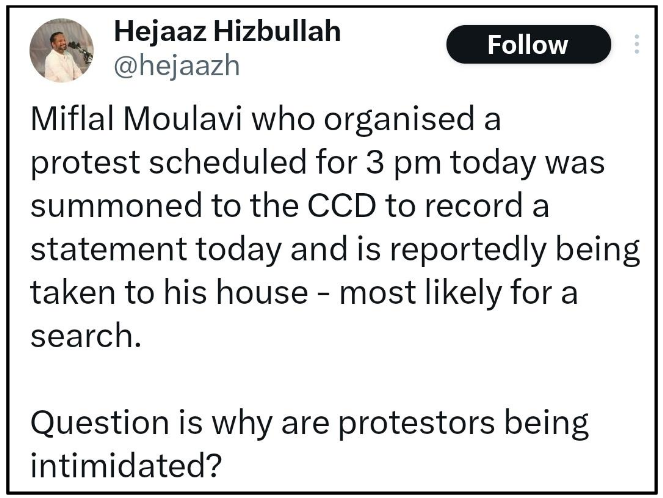
The All Ceylon Jamiyyathul Ulama (ACJU), decried the arrest, stating it was provoked by Rusdi’s display of a sticker criticizing the Israeli military actions in Gaza. While police denied that the sticker was the sole cause, they offered no substantive explanation for his detention. In response to growing criticism, Prime Minister Dr. Harini Amarasuriya announced that the government is moving forward with repealing the PTA. A Cabinet Paper has been approved to form a committee to conduct broad consultations before drafting replacement legislation.
Land Encroachment: Issues concerning land rights in the Northern and Eastern provinces continue to dominate the political and social discourse, with Tamil communities persistently demanding the return of lands still occupied by the military and other state agencies, even 15 years after the end of the civil war.
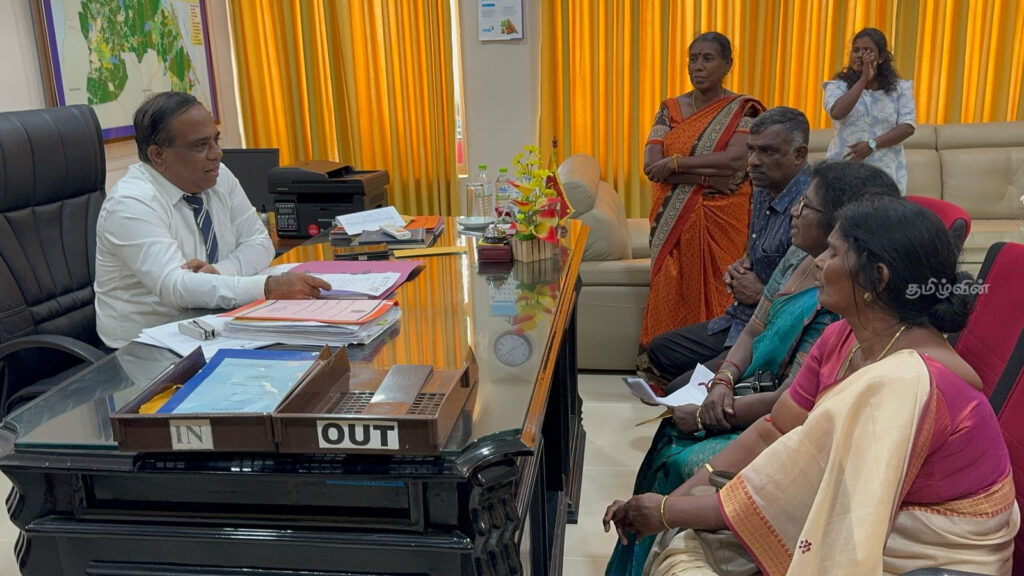
Mass Graves: The Jaffna Magistrate’s Court stated that excavation efforts at the Hindu cemetery in Chemmani, Jaffna, where human skeletal remains were recently uncovered, have stalled due to a lack of government funding.
Click here to download the full report
Freedom of the Press: A tense situation escalated as landowners from the Valikamam North Land Release Committee held a press briefing to demand the release of their lands within the Palaly High Security Zone and the full reopening of the Palaly Road without restrictions. As the press conference began, a team from the Palaly Police Station, led by the Officer-in-Charge, arrived at the scene claiming the event could not proceed and started taking photographs of participants.
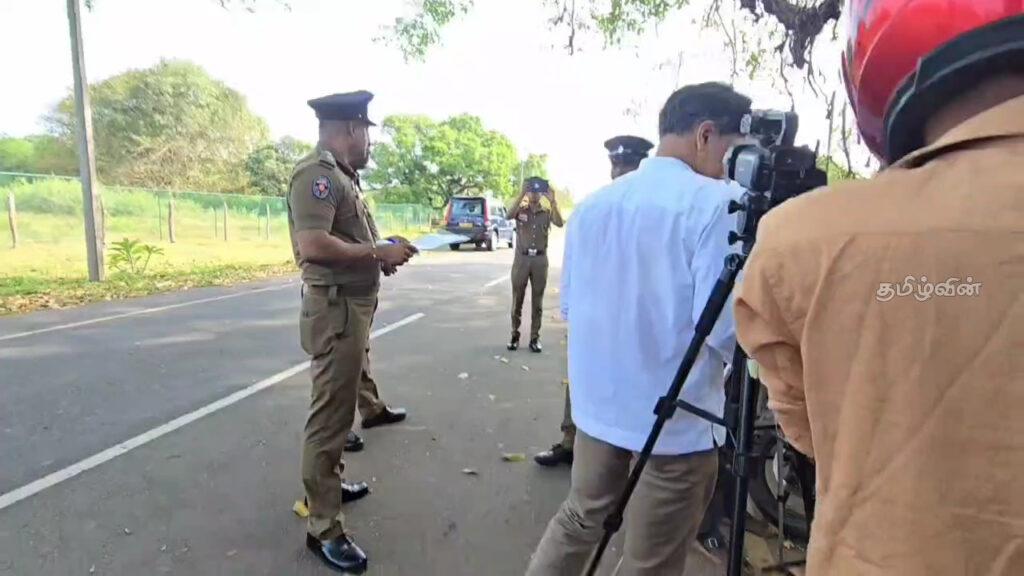
Journalists have raised concerns about access to government press briefings. Journalists who join Cabinet briefings via Zoom have been reportedly denied the opportunity to ask questions. Initially, remote participants were allowed to ask questions, but this practice changed, with many Zoom participants being sidelined, despite their repeated requests.
Meanwhile, the government has issued a controversial directive requiring journalists to hold media accreditation issued by the Government Information Department to attend Cabinet press briefings.
Easter Sunday Attacks: Civil society activists, including those from the Centre for Society and Religion (CSR), have raised concerns over unresolved aspects of the investigation, presenting a 13-page document to authorities urging a deeper probe into several key individuals and events linked to the attacks.
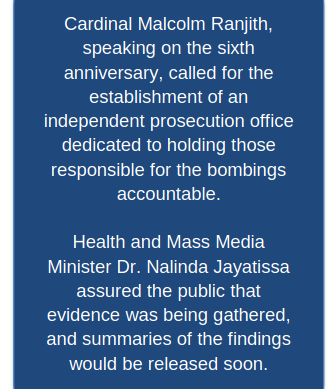
Cardinal Malcolm Ranjith, speaking on the sixth anniversary, called for the establishment of an independent prosecution office dedicated to holding those responsible for the bombings accountable. He also urged the government to address the broader political culture, which he argued contributed to the environment that allowed such attacks to occur.
Enforced Disappearances: Prime Minister Dr. Harini Amarasuriya recently expressed that the Sri Lankan government is committed to delivering justice for the victims of enforced disappearances, acknowledging the widespread public distrust in institutions like the Office for Reparations (OR) and the Office on Missing Persons (OMP). However, Tamil families, particularly from the North-East, have consistently rejected these domestic mechanisms, viewing them as ineffective and inadequate.
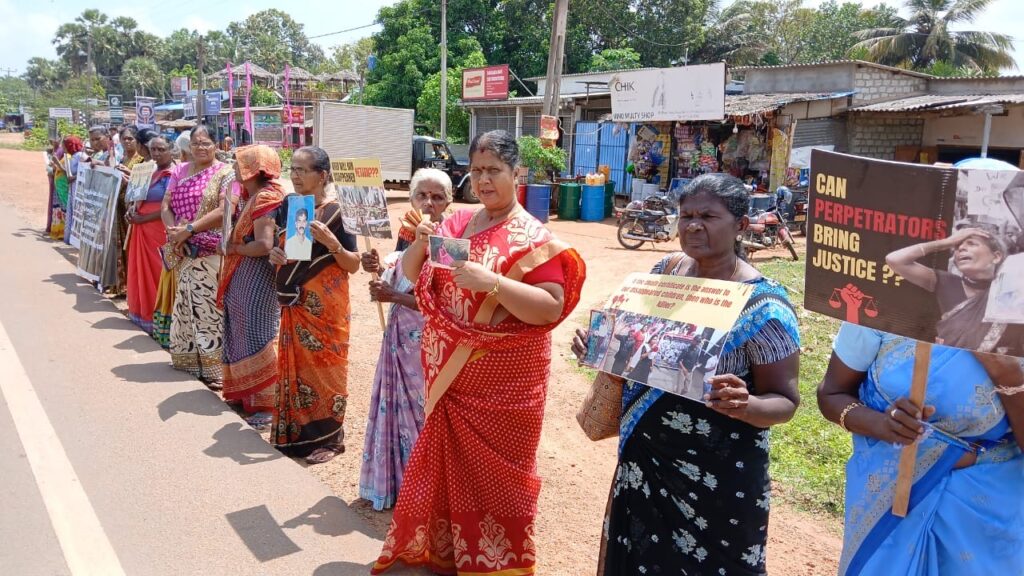

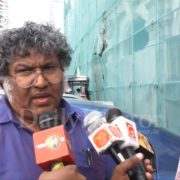
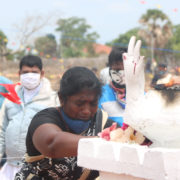
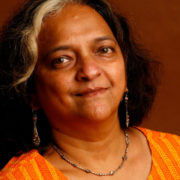
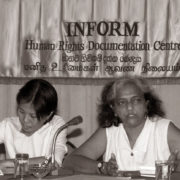
Comments